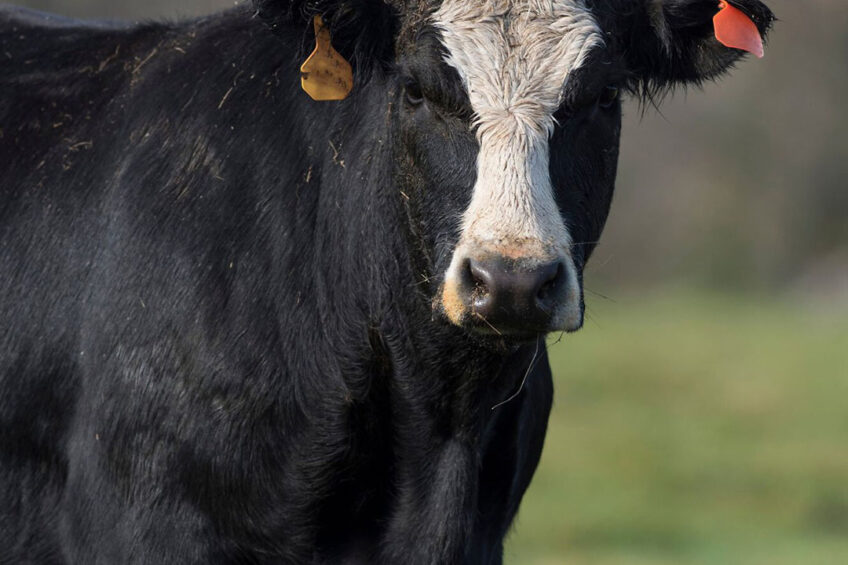UPDATED: Dutch BSE case is harmless variant

The case of Bovine Spongiform Encelopathy (BSE) in a cow on a farm in the Netherlands has been proven to be a harmless variant, caused by old age.
The news of the BSE case was shared on Wednesday [1 February] by Piet Adema, the country’s minister of agriculture, nature and food quality. In a letter sent to Parliament, he wrote that the animal’s meat has not entered the food chain and does not pose a threat to food safety.
The disease was diagnosed on a farm in the South Holland province during “active surveillance” of a dead cow that had died of natural causes. Further details as to when and why the outbreak was found were not shared.
As a result of the discovery, the Netherlands Food and Consumer Product Safety Authority (NVWA) blocked the farm, i.e., it was no longer allowed to either remove animals or manure.
A-typical variant or classic variant Wageningen BioVeterinary Research conducted research into the infected animal’s carcass. The case proved to be a so-called “a-typical variant” and could arise spontaneously due to old age. The animal was a dairy cow of 8 years old, which is relatively old for a cow.
In earlier reporting, by accident it was written that it was a cow for beef production. Potential offspring of the infected animal were culled anyway, and so were animals that consumed the same feed or grew up with the same animal. All these carcasses were also examined.
With the confirmation that the variant is “a-typical,” the case will be considered closed – and nothing will change for the country’s BSE status. Would the infection have turned out to be a “classic” variant, however, arising from eating contaminated feed, then additional measures would’ve been necessary.
Prior to this February, since 1997, in total 88 cases of BSE have been found in cattle in the Netherlands, the last one in 2011. Of that total, 2 turned out to be “a-typical”.
Reuse of animal proteins in animal feed at the time was probably an important cause of the spread of classical BSE in cattle, followed by a European ban on the use of animal meal in feed for cattle.
These days, the disease is rare in Europe. Recently reported cases included ones in Germany (2022), the UK (2022), Spain (2021), Ireland (2020) and Switzerland (2020). BSE affects the central nervous system in cattle, hence its nickname “mad cow disease”. The disease can cause a variant of Creutzfeldt-Jakob disease in humans, a deadly brain disease.






